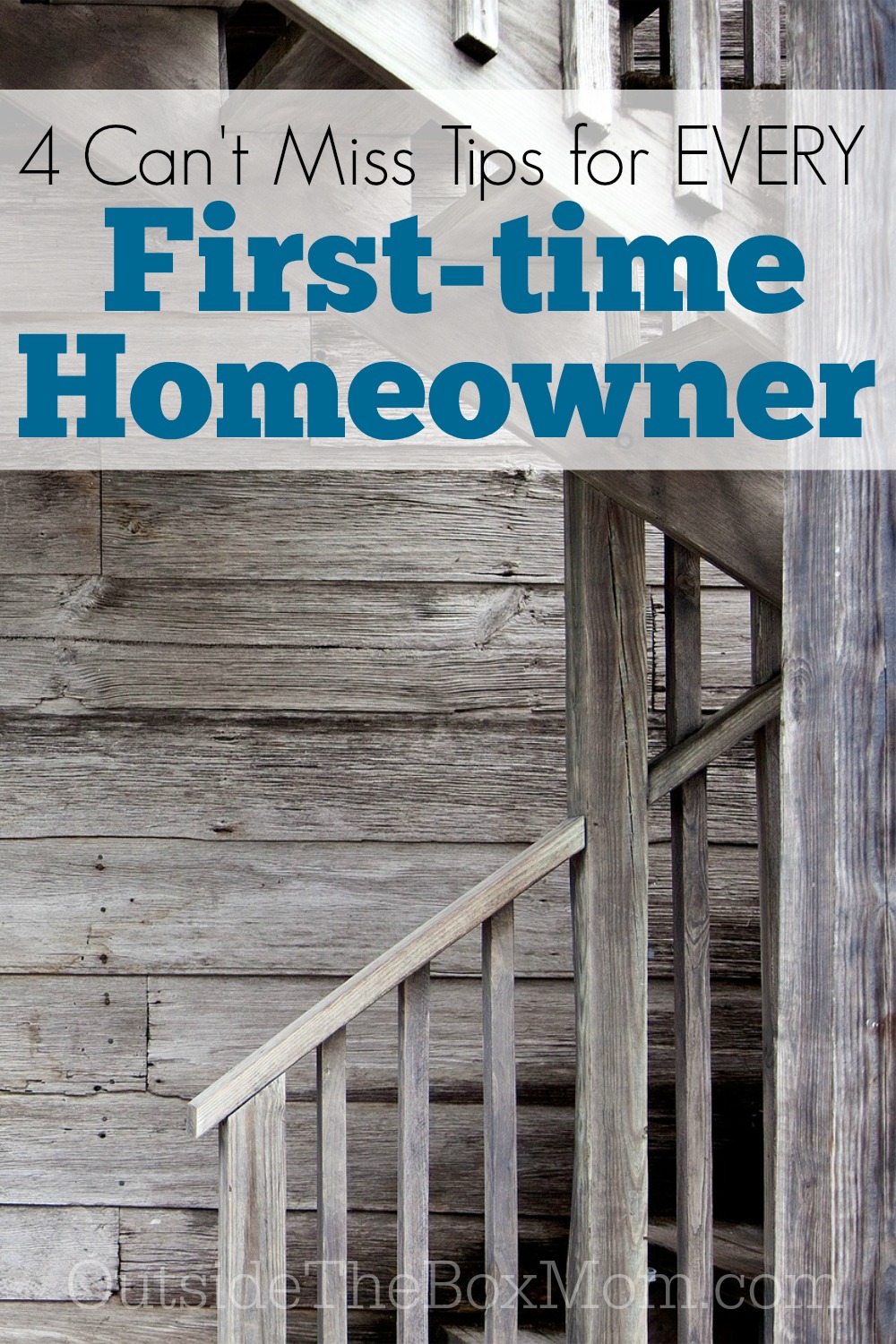Are you preparing to purchase your first home? In this post, I’m sharing six tips to help you make this transition.

This is a guest post By Jennifer Riner, Trulia
Making the transition from renting to owning is rarely an easy process. While most assume saving for a down payment and finding the right lender are the two most important steps, first-time homebuyers must consider all of their responsibilities prior to entering the process.
To avoid mishaps and potentially costly mistakes as a beginner buyer, consider the following steps.
1. Don’t search alone
While home search websites allow homebuyers, both new and seasoned, start their exploration of the local market, a local real estate professional goes beyond what the general consumer has the power to do. Not only are real estate agents trained and knowledgeable in their field, they have more information surrounding pricing, properties not yet on the market, neighborhood data, lender information and more. With an agent, you have someone assisting you throughout one of the biggest purchases of your life. Guidance is necessary to make the right choice. Otherwise, you lack representation and could be taken advantage of given your relative unfamiliarity with the market.
2. Read the restrictions
The ability to personalize your home more than ever before is one of the biggest benefits of homeownership. But, many buyers fail to realize that not every home is customizable exactly to your liking. For instance, deed restrictions on a home can limit your renovation goals. Getting a copy of these beforehand also helps you understand the current valuation and condition of a single-family property or condo complex.
3. Know the 20 percent rule
Saving for 20 percent of a home purchase in today’s costly rental market, on top of student loan payments, is overwhelming. Many new buyers opt for as low as 3 percent down. With a lower down payment, you’ll need to pay private mortgage insurance (PMI). Make sure to notify your lender as soon as you rightfully own at least 20 percent of your home so you can stop paying PMI, especially if you’re overpaying on principal to eliminate the additional cost quicker.
Related: What is a Down Payment?
4. Get preapproved
Assuming you’ve assessed your financial portfolio and determined how much home you can afford, you’ll need a preapproval letter from a lender in order for sellers and their agents to take you as a serious contender. Unfortunately, your word or credit score alone won’t sell you as a good buyer, especially in a highly competitive market. Often in just a few days’ time, lenders or mortgage brokers can assess your financial situation to say whether or not they are comfortable supporting your homeownership goals. That being said, make sure to check your credit score for errors. Mortgage rates are often negatively impacted by (sometimes erroneous) late payments reported in your score.
5. Check the additional costs
Closing costs typically range between 2 and 5 percent of the home’s price. Plus, taxes and insurance will boost your monthly payments beyond the mortgage cost alone. Also, check about the insurance costs relative to your locale. For instance, homebuyers in Salem don’t usually need earthquake insurance, but those searching on the West Coast might.
6. Get a home inspection
Every property should be thoroughly inspected prior to purchase. Major internal issues might not be visible to the naked eye, but a professional inspector assesses damages and estimates repair or replacement costs. Major structural issues, if unknown, won’t be reflected in the current asking price. And since damages diminish the current home value, you’ll need to ask for repairs or change your offer before signing the papers.
While intimidating, owning a home allows you to invest rather than help landlords with their mortgage payments. As long as you complete the due diligence, finding the home you love while reaping the financial rewards is a pillar of the American Dream.

[…] How to Be Prepared as a First-time Homebuyer […]